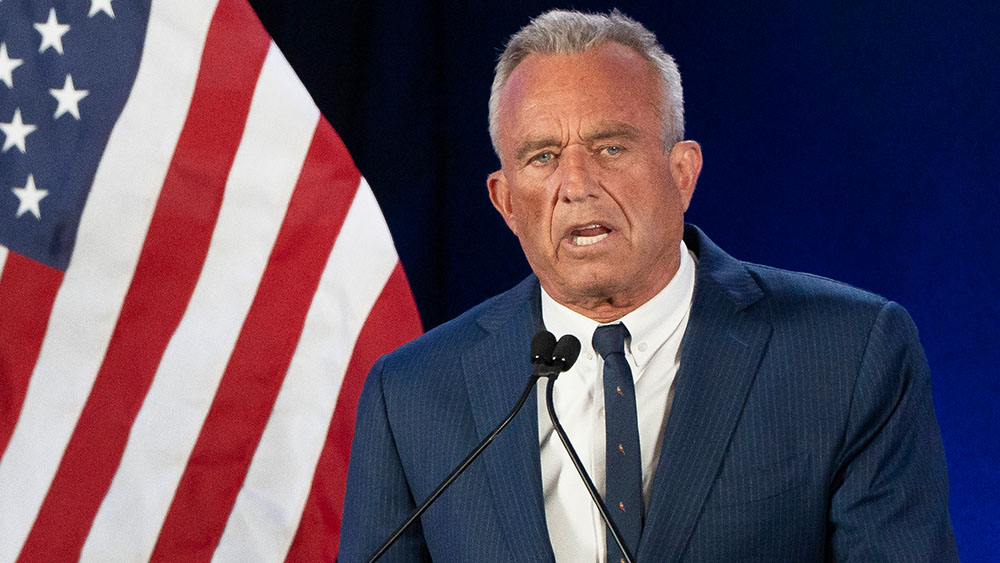
- The FDA mandates GSK and Pfizer to add Guillain-Barré syndrome (GBS) risk warnings to their RSV vaccines, Arexvy and Abrysvo, following an observational study.
- GBS is a rare autoimmune disorder causing muscle weakness, paralysis, and, in severe cases, death.
- RSV vaccines are linked to 7 to 9 excess GBS cases per million doses in adults aged 65 and over.
- RSV causes 60,000 to 160,000 annual hospitalizations in older adults, but vaccine sales have declined due to updated CDC recommendations and safety concerns.
- The FDA claims vaccine benefits outweigh risks, but transparency and informed consent remain crucial among patients.
In a significant move, the U.S. Food and Drug Administration (FDA) has ordered pharmaceutical giants GSK and Pfizer to include warnings about the risk of Guillain-Barré syndrome (GBS), a rare but potentially paralyzing neurological disorder, on the labels of their respiratory syncytial virus (RSV) vaccines.
The decision, announced on January 7, follows an observational study that identified an increased risk of GBS within 42 days of vaccination. This development comes as RSV activity remains "very high" across the U.S., particularly among young children and older adults, according to the Centers for Disease Control and Prevention (CDC).
The FDA’s mandate affects GSK’s Arexvy and Pfizer’s Abrysvo, both approved in May 2023 for adults aged 60 and older. While the agency maintains that the benefits of these vaccines outweigh the risks, the new warning underscores the need for heightened awareness among healthcare providers and patients about the potential side effects of these and other vaccines.
What is Guillain-Barré syndrome, and why is it dangerous?
Guillain-Barré syndrome is a rare autoimmune disorder in which the body’s immune system attacks its own nerve cells, leading to muscle weakness, tingling sensations, and, in severe cases, near-total paralysis. Symptoms often begin in the legs and can progress rapidly, requiring hospitalization. While most patients recover fully, some experience permanent nerve damage; in rare cases, the condition can be fatal.
The FDA’s postmarketing study found an estimated nine excess cases of GBS per million doses of Pfizer’s Abrysvo and seven excess cases per million doses of GSK’s Arexvy among adults aged 65 and older.
RSV is a common respiratory virus that typically causes mild, cold-like symptoms but can lead to severe complications, particularly in infants, older adults, and individuals with weakened immune systems. The CDC estimates that RSV causes approximately 60,000 to 160,000 hospitalizations annually among adults aged 65 and older.
GSK’s Arexvy is approved for adults aged 50 and older, while Pfizer’s Abrysvo is authorized for adults aged 18 and above and pregnant women between 32 and 36 weeks of gestation to protect infants from birth through six months of age.
However, the vaccines’ sales prospects have taken a hit in recent months. In mid-2024, the CDC revised its recommendations, advising that the shots only be given to adults aged 75 and older or those aged 60 and above with significant health risks. This decision, coupled with the FDA’s new warning, has further dampened enthusiasm for the vaccines and is expected to contribute to a further decline in sales.
Informed consent about vaccine dangers remains crucial
Despite reassurances from the vaccine makers that their jabs are safe overall, the FDA’s warning serves as a reminder of the complexities involved in vaccine development and distribution. As RSV cases surge across the country, public health officials must navigate the dual challenges of protecting vulnerable populations while addressing some very legitimate safety concerns.
The FDA’s decision to mandate GBS warnings for RSV vaccines reflects a cautious approach to vaccine safety, particularly as respiratory illnesses surge across the country. The new warnings highlight the need for continued vigilance and transparency in vaccine safety monitoring – lessons that many learned the hard way with COVID-19 vaccines.
Sources for this article include:
Please contact us for more information.




















